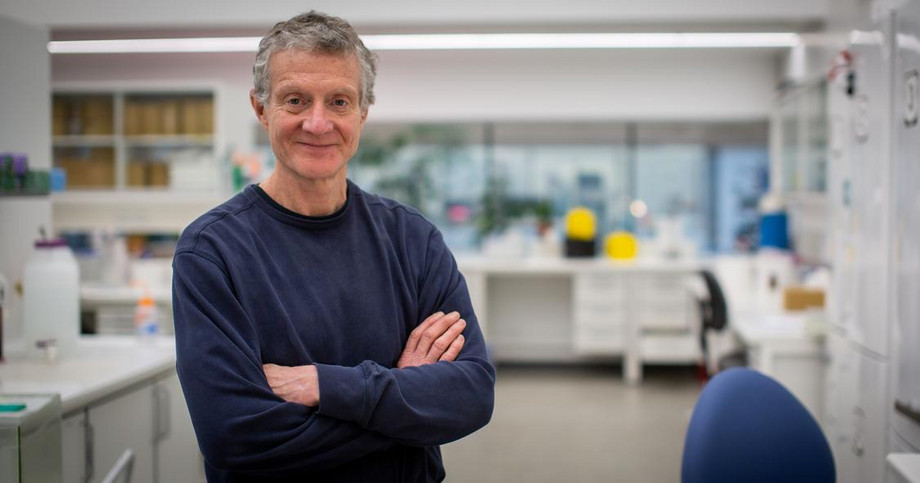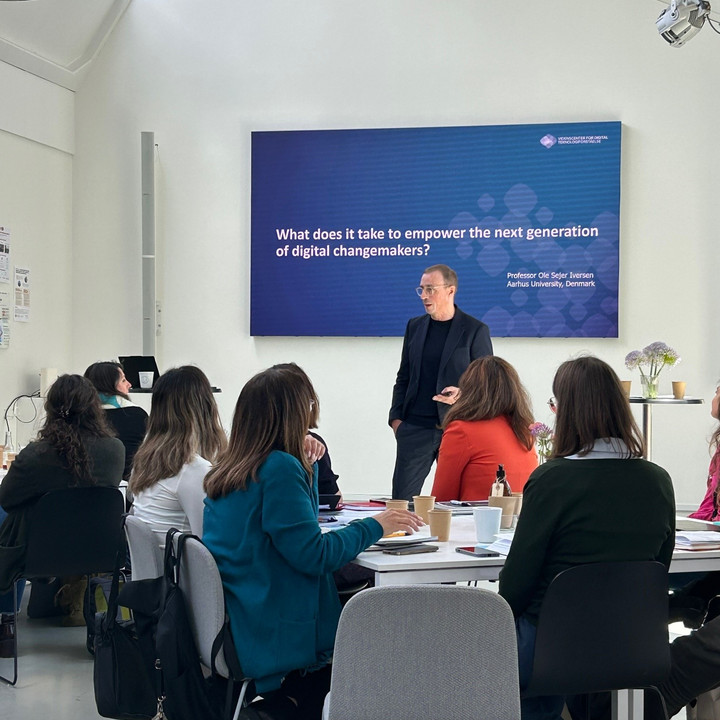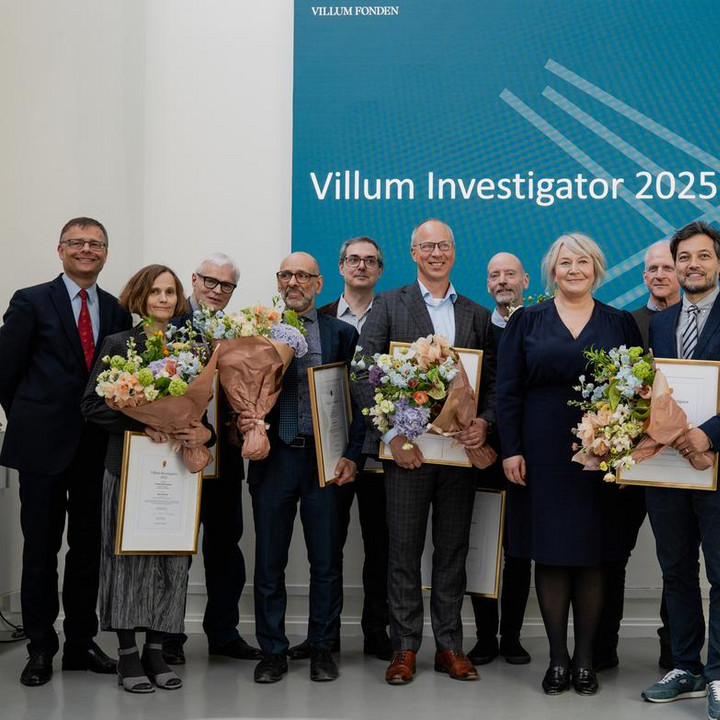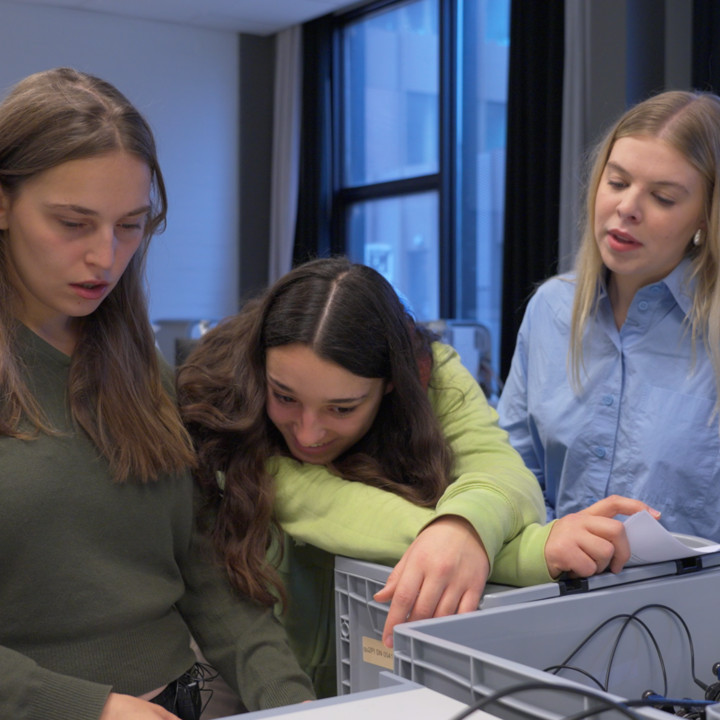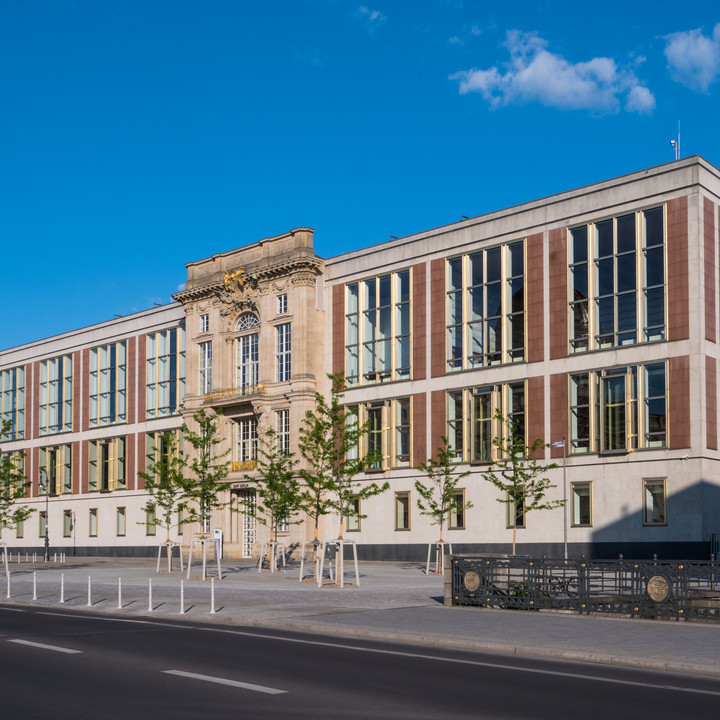Primordial ocean explorer receives Annual Award

- Donald Canfield (born in 1957) is Professor of Ecology, Head of Research, Department of Biology, University of Southern Denmark
- Author of more than 350 scientific papers, cited nearly 55,000 times
- Villum Investigator and member of among others the Royal Danish Academy of Sciences and Letters, Royal Swedish Academy of Sciences, Royal Society of London, National Academy of Sciences (US).
- Recipient of the Vladimir Vernadsky Prize (2010), the Urey Prize (2011) and the Order of the Dannebrog (2021)
- Married to Marianne Prip Olsen. Together they have the children, Lind Prip Canfield (27) and Ellen Prip Canfield (22).
Professor Donald Canfield uses chemistry and biology to study the Earth's past. His work often causes the rewriting of textbooks on the history of the oceans - and thus also the history of life. On January 23, he will receive The Villum Kann Rasmussen Annual Award in Science and Technologyof 5 million DKK.
By Birgitte Svennevig, Science Writer, University of Southern Denmark
Donald Canfield is dealing with some of the big questions about the history of the Earth: what did the Earth look like billions of years ago, and why does it look different today? Why did life evolve the way it did, and how was it even possible? What interactions between chemistry, geology and biology make Earth such a living and dynamic place with vital elements like oxygen, nutrients and carbon constantly circulating in global cycles?
He finds the answers in studies of rocks, in sediment samples from the seabed and riverbeds, in tanks with sea sponges and in trays with algae. Indeed, you can often find slimy green mats of cyanobacteria growing in plastic trays in his office window at the University of Southern Denmark.
The biological activity of microorganisms has an enormous impact on the global cycles of sulphur, oxygen, carbon, phosphorus, iron, etc., which in their never-ending cycles nourish life on Earth. Along the way, the elements change phases: they are digested by microbes, plants and animals and are excreted again, they get deposited in sediments and turn into stone. The stone weathers down, releasing the elements back to the environment. They are forever changing, forever in motion, but always following in their own cycle.
Canfield Ocean: a primordial ocean
Many elements are converted by microorganisms as an ongoing process. Microorganisms have always done that, and by studying today's microorganisms, we can learn about the element cycles of the past. During his career, Canfield has developed novel methods to use microorganisms to find answers to specific questions about the Earth's past, such as: how much oxygen was in the oceans? How much oxygen was in the atmosphere? How much sulfate was in the ocean water?
One of Canfield’s most important contributions to science is the primordial ocean, the Canfield Ocean, named after him. Prior to his discovery, it was common knowledge that Earth's atmosphere and oceans became oxygenated to approximately today’s levels during the "The Great Oxidation" event 2.4 billion years ago. Canfield, however, saw something different in the available evidence and suggested that the Earth’s atmosphere did not reach full oxygenation, and that the oceans remained largely oxygen free, for the next 1.7 billion years.
Another example is his papers on the importance of bioturbation: that the activity of living animals can change the chemistry of an ocean. Living animals can change the sediment and mud of ocean-beds to an extent that can cause enormous environmental changes.
A last example is the detection that the evolution of animal life cannot always be linked to the availability of oxygen. Most of us think that all animal life on Earth is so dependent on oxygen that oxygen and animals are inseparable partners: when there is not much oxygen on Earth, there cannot be animal life. In a series of papers, Canfield and his team have shown that this is not always the case.
Understanding future climate change
"Donald Canfield's ground-breaking research into the geochemistry of the past can help us understand future climate change – a challenge that concerns the whole world and calls for knowledge-based solutions. We at VILLUM FONDEN are proud to present him the Villum Kann Rasmussen Annual Award," says Jens Kann-Rasmussen, chair of the VILLUM FONDEN.
Rocks and oceans lead him back to ancient times - portrait of Professor Donald Canfield
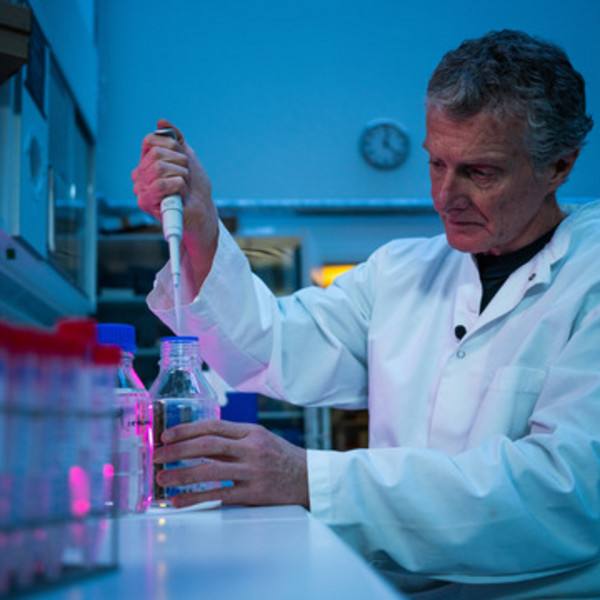
Watch a video portrait here
